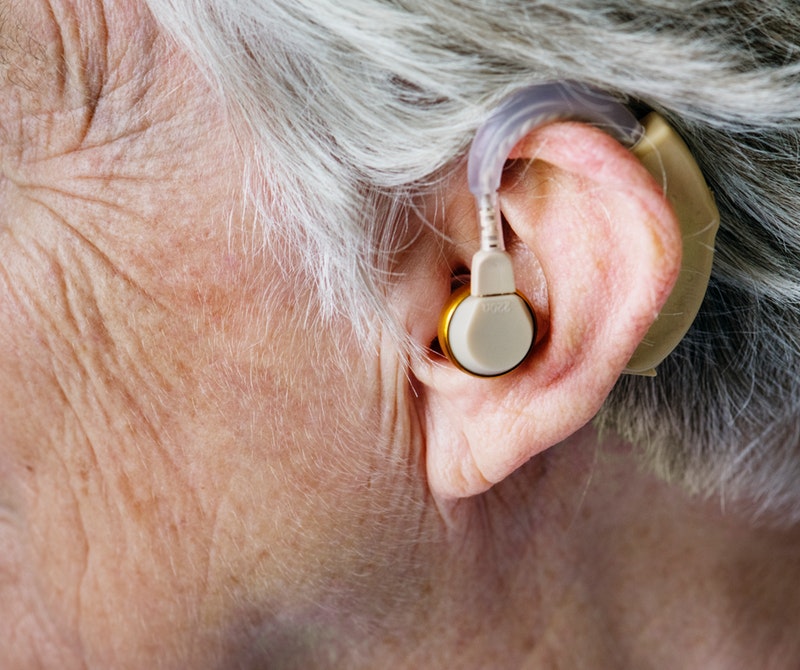
Hearing aids are a fantastic tool. When a person is hard of hearing, hearing aids allow them to hear the sounds of the world once more. However, hearing aids are an expensive investment, so it’s important to know what’s available so you can make the best decision in your choice of hearing aid. Especially since technology changes so quickly, it’s essential to have a general understanding of your current options. Nowadays, when it comes to hearing aid power options, you have two choices: buy a hearing aid with disposable batteries or buy a hearing aid with rechargeable batteries. While disposable hearing aid batteries are the most common option, rechargeable hearing aids are becoming much more common. To help you distinguish what’s best for you, check out the pros and cons of rechargeable hearing aids.
The Pros and Cons of Rechargeable Hearing Aids
The Pros
• Having to buy and change out batteries regularly can get expensive and cumbersome, especially for those with dexterity issues. Disposable batteries are tiny and can be hard to handle, turning some off to the idea of hearing aids entirely.
• Depending on the model of hearing aid, disposable batteries need to be changed out every few days to weeks. However, rechargeable batteries last much longer, and there are two types to choose from, silver metal zinc batteries or lithium ion batteries. On average, silver zinc last about six months and lithium-ion batteries last up to five years.
• Unfortunately, one of the ways children explore their world when they are young is with their mouth. It can quickly become a dangerous situation if a child, or even a pet, accidentally swallows a disposable battery.
The Cons
• Unfortunately, there’s not a huge selection of rechargeable hearing aids to choose from, and most are worn behind-the-ear. So if you are looking for a smaller hearing aid model, one that fits entirely in the ear, it most likely will not use rechargeable batteries.
• While the rechargeable hearing aid itself doesn’t usually cost more money than ones that use traditional batteries, other costs can make rechargeable hearing aids more expensive. While the exact amount of the additional cost will vary, the cost of the charging unit and replacement batteries are not usually included in the price of the hearing aid.
• The user is not able to remove the battery out of a rechargeable hearing aid, so if the battery needs to be replaced, it is not as simple as opening up the battery compartment and replacing the battery yourself. Also, since the battery needs to be replaced by someone other than yourself, that means you will not have the unit to use for some time.